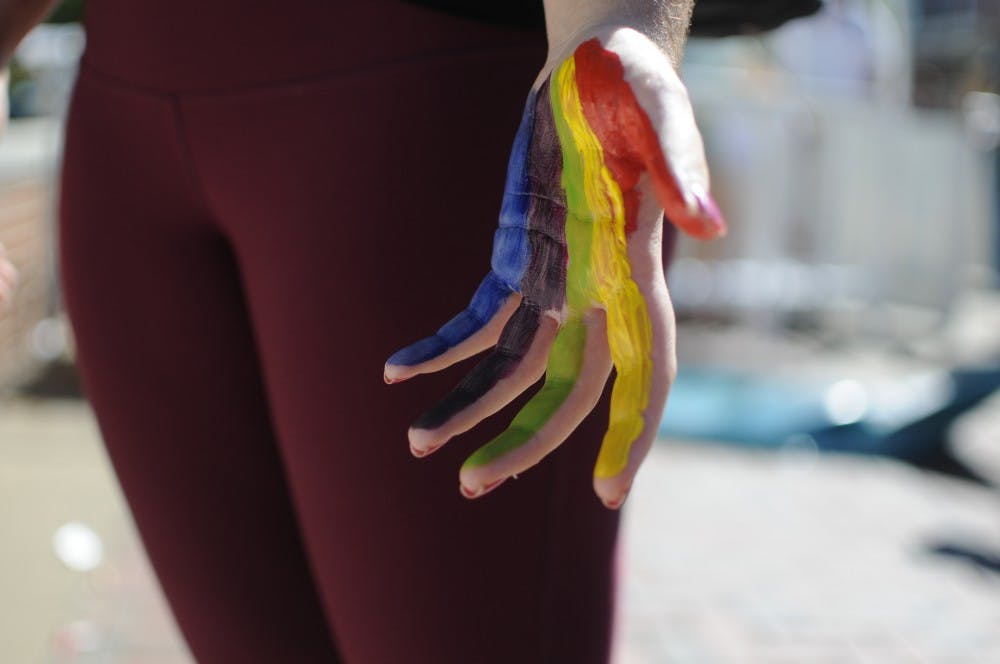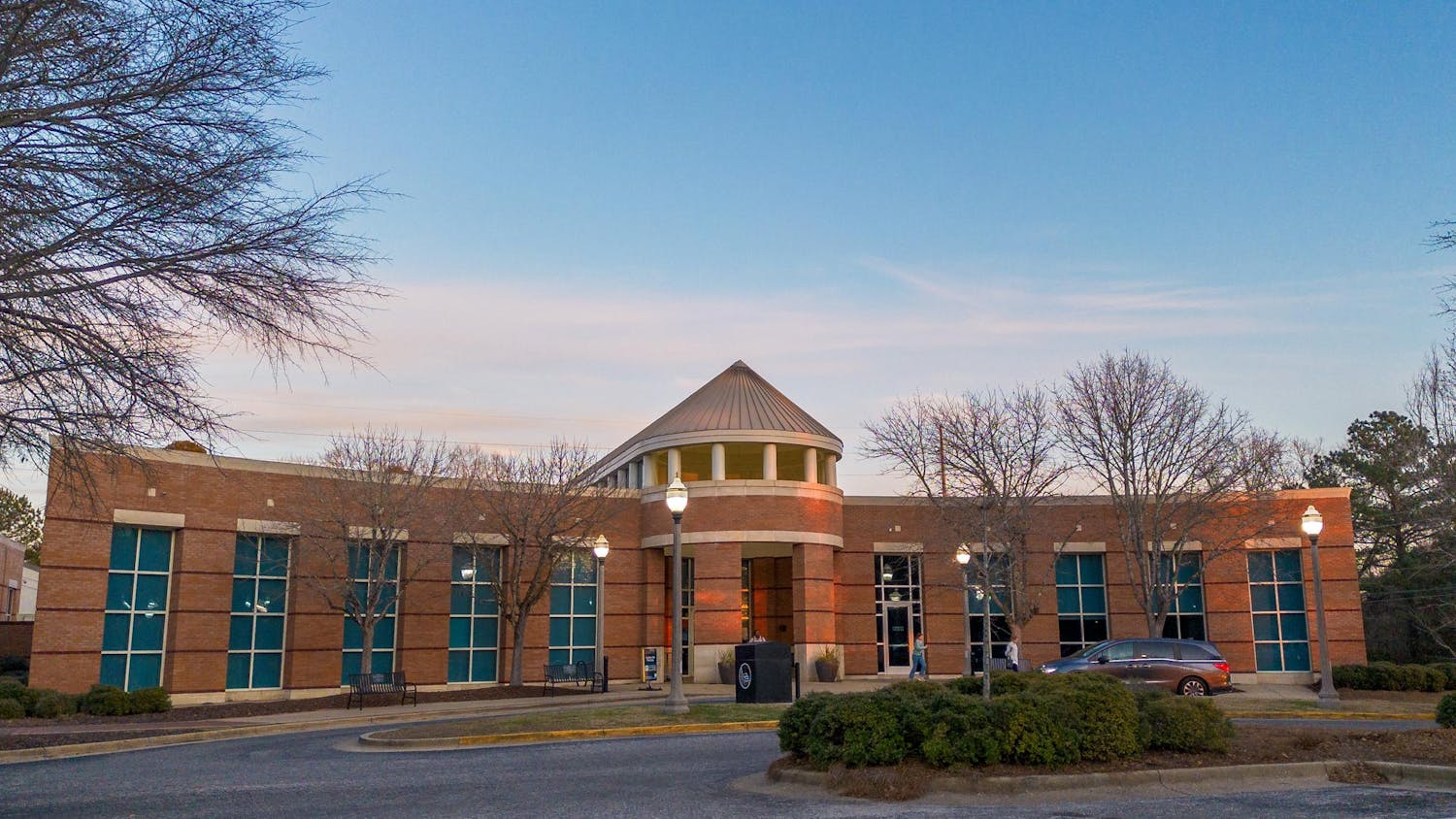Having safe spaces on campus or in the community can be an area for advocacy and education that is open to all members of the community, Spectrum Advocacy Chair Raven Le’nard said.
“The community is stronger with allies,” Le’nard said. “It’s not just about us fighting our own cause or self-advocacy, but having people around who will fight on behalf of the community as well.”
Spectrum is Auburn University’s official gender and sexual minority advocacy and support group. Le’nard said having safe spaces like this organization is more about including people than excluding others.
Spectrum’s goal is to promote mutually supportive relationships for all students in the hopes of advancing campus and community diversity.
Spectrum chose to be a gay-straight alliance group instead of strictly pertaining to only members of the LGBTQ community.
“One reason is for safety,” Le’nard said. “The point of the gay-straight alliance is that some people aren’t necessarily out, so having that alliance was a way for people to be in the closet but still have a space.”
One way to ensure safe spaces on campus or in the community is through confidentiality within the group or organization.
Spectrum has a privacy policy, so whatever happens there stays there, Le’nard said.
No pictures or direct quotes can be taken unless given permission, and Spectrum keeps their member roster as private as possible.
Spectrum does this for the privacy and safety of its members and to make sure that no one is “outed” or misrepresented, Le’nard said.
Having safe spaces on campus allows students to explore or express themselves without judgement.
“I feel it’s important to have a space for LGBT people or LGBT people of color because what I felt when I was growing up is that I couldn’t relate to many people,” Le’nard said. “[It’s] mostly because of this facet of myself that I didn’t know I could talk about because there weren’t many designated spaces to do so.”
Le’nard said because of this they did not talk about their sexual orientation or gender identity.
“It led to a lot of conflict internally and externally,” Le’nard said. “So I feel that having a space like [Spectrum] is important because people get to talk about those things that are on their minds.”
Unable to have conversations about gender and sexuality identities or express themselves growing up, many LGBTQ individuals were not able to experience relationships that matched with their identities.
This can lead to individuals having trouble recognizing what it means to have a healthy relationship, Le’nard said.
Although Spectrum is welcoming towards everyone in the community, Le’nard recognizes that individuals from different communities have specific needs and different experiences.
“Spectrum has certain programming that’s geared towards LGBT individuals because some things are just different,” Le’nard said. “We have a healthy relationships talk every year, mostly because a lot of the time in the LGBT community, people will not date for a long time.”
Le’nard said there wasn’t people in high school they could talk to.
“If I’m not out in high school, there was no one to date so that happened later on in life,” Le’nard said. “And a lot of people, when they enter relationships they didn’t know what it meant to be in a healthy relationship, especially because it was their first one and it was in college.”
Having programming detailed and geared toward a specific group is a way to get other people to at least think about ways in which we can better all of our lives, Le’nard said.
“What I would like to see would be more people educating themselves on the topic,” Le’nard said. “Especially doing research on their own.”
Le’nard said it has been nice to be able to talk about their experiences, hold panels for different classes and talk about the experience of being LGBTQ on campus.
“But at some point, it starts to become self-advocacy to where a person is expected to explain their whole identity at many different points and times,” Le’nard said. “So people educating themselves on the topic would definitely help a lot because it wouldn’t be up to the marginalized community to advocate for themselves.”
Do you like this story? The Plainsman doesn't accept money from tuition or student fees, and we don't charge a subscription fee. But you can donate to support The Plainsman.





